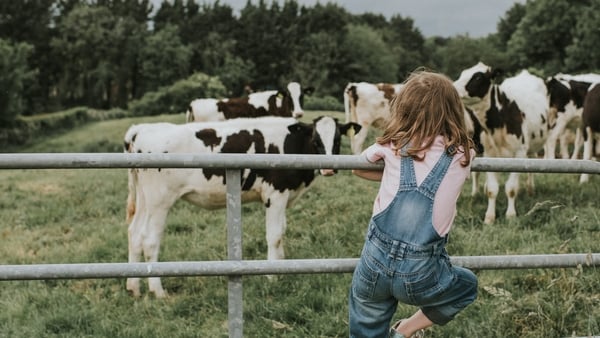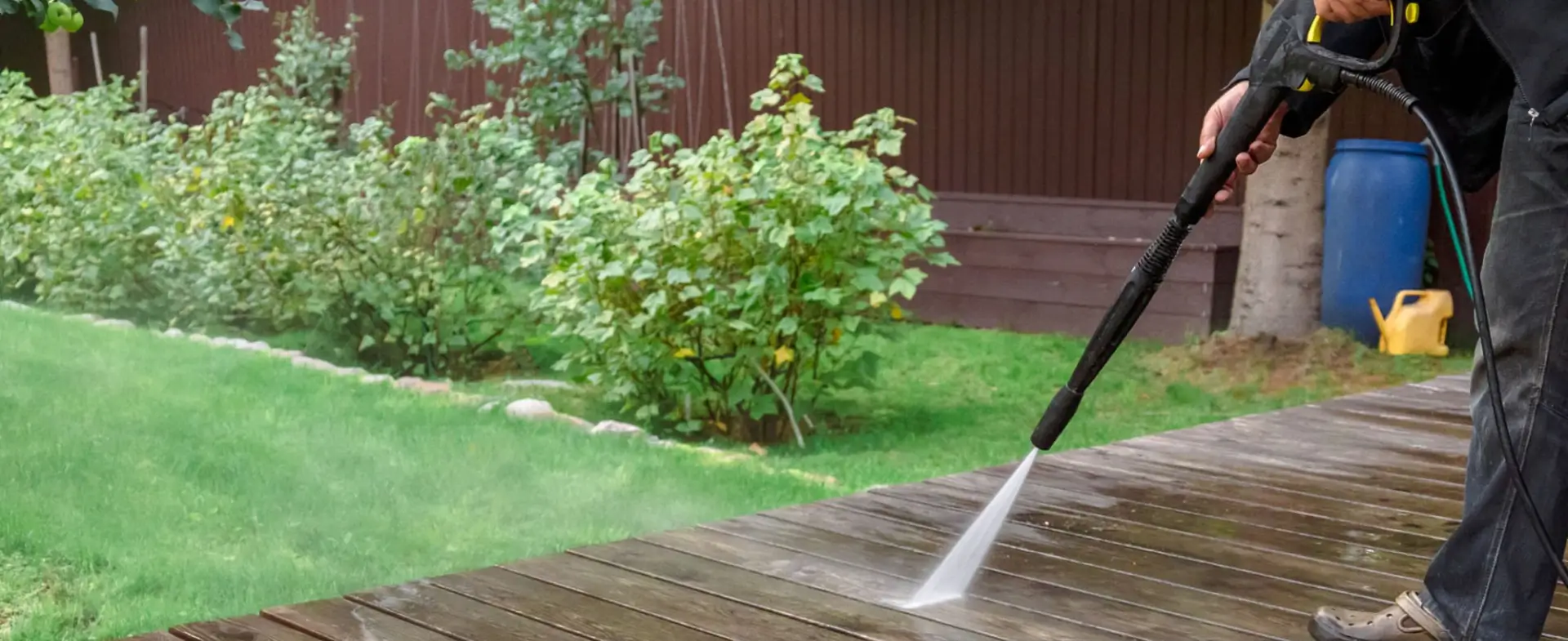Dec 05,2024

Mooney Goes Wild contributor Terry Flanagan shares his latest round up of nature news.
Fun fact: cows produce methane by belching, not farting - and they produce lots of it. A single cow will burp approximately 100kgs of the gas annually and methane is the second largest contributor to climate change (after carbon dioxide). Moral of the story is that we need to reduce these methane emissions.
With that in mind, scientists at the University of California, Davis, are working on an ambitious experiment to develop a pill to transform cow gut bacteria so it emits less or no methane.
"Almost half of the increase in (global) temperature that we've had so far, it's been because of methane," said Ermias Kebreab, an animal science professor at UC Davis. "Methane lives in the atmosphere for about 12 years", unlike carbon dioxide which persists for centuries, he said. "If you start reducing methane now, we can actually see the effect on the temperature very quickly."
Scientists hope to achieve similar results by introducing genetically modified microbes that soak up hydrogen, starving methane-producing bacteria at the source. "We can't just simply cut down methane production by removing" methane-making bacteria, as hydrogen could accumulate to the point of harming the animal, warned Matthias Hess, who runs the UC Davis lab.
"Microbes are kind of social critters. They really like to live together," he said. "The way they interact and affect each other impacts the overall function of the ecosystem." Mr Hess's students test different formulas in bioreactors, vessels that reproduce microorganisms' living conditions in a stomach from movements to temperature.
The ultimate goal is a single-dose treatment administered early in life, since most cattle graze freely and cannot receive daily supplements. The research teams have been given $70 million and seven years to achieve a breakthrough.
.svg)
